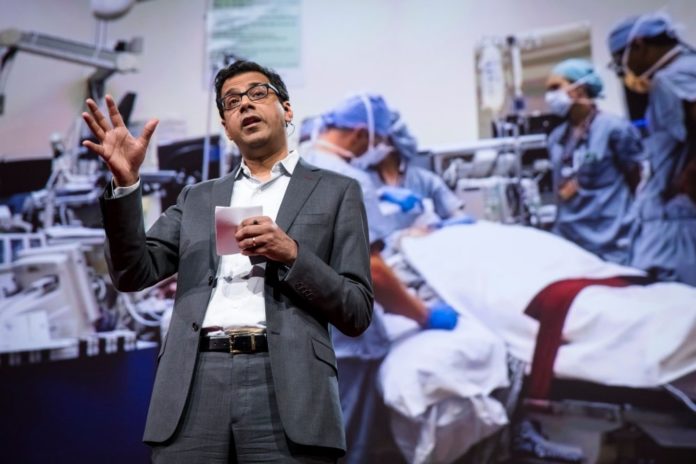Reuters |Jun 21, 2018
NEW DELHI: Berkshire Hathaway Inc, Amazon.com Inc and JPMorgan Chase & Co on Wednesday named Atul Gawande, a prominent medical professor who has criticised his industry’s practices, to lead their joint healthcare company.
The venture will be based in Boston and operate free from profit-making incentives, the three companies said in a joint statement.
Berkshire, Amazon and JP Morgan Chase announced in January that they would form a healthcare company aimed at cutting costs for their US employees. The move rattled shares of the healthcare supply chain, including CVS Health and Express Scripts, among others.
Gawande, who is also a bestselling author, practices general and endocrine surgery at Brigham and Women’s Hospital and is a professor at the Harvard TH Chan School of Public Health and Harvard Medical School.
In his 2014 book “Being Mortal: Medicine and What Matters in the End,” Gawande argued against prolonging a poor quality of life for the elderly.
Berkshire Chairman and CEO Warren Buffett, who is working on the venture with Amazon’s Jeff Bezos and JPMorgan’s Jamie Dimon, said all the candidates for the job felt they could deliver better healthcare and contain rising costs.
“Jamie, Jeff and I are confident that we have found in Atul the leader who will get this important job done,” Buffett said in a statement.
Buffett has described US healthcare costs as a “tapeworm” on American businesses, hurting their ability to compete with rivals in other countries. Last month, he said the goal is to challenge the entire healthcare industry, not individual segments.
While there is no guarantee the venture will succeed in lowering costs, Buffett said it was well-positioned to try. Amazon, Berkshire and JPMorgan collectively employ more than 1 million people.

Readers like you, make ESHADOOT work possible. We need your support to deliver quality and positive news about India and Indian diaspora - and to keep it open for everyone. Your support is essential to continue our efforts. Every contribution, however big or small, is so valuable for our future.











